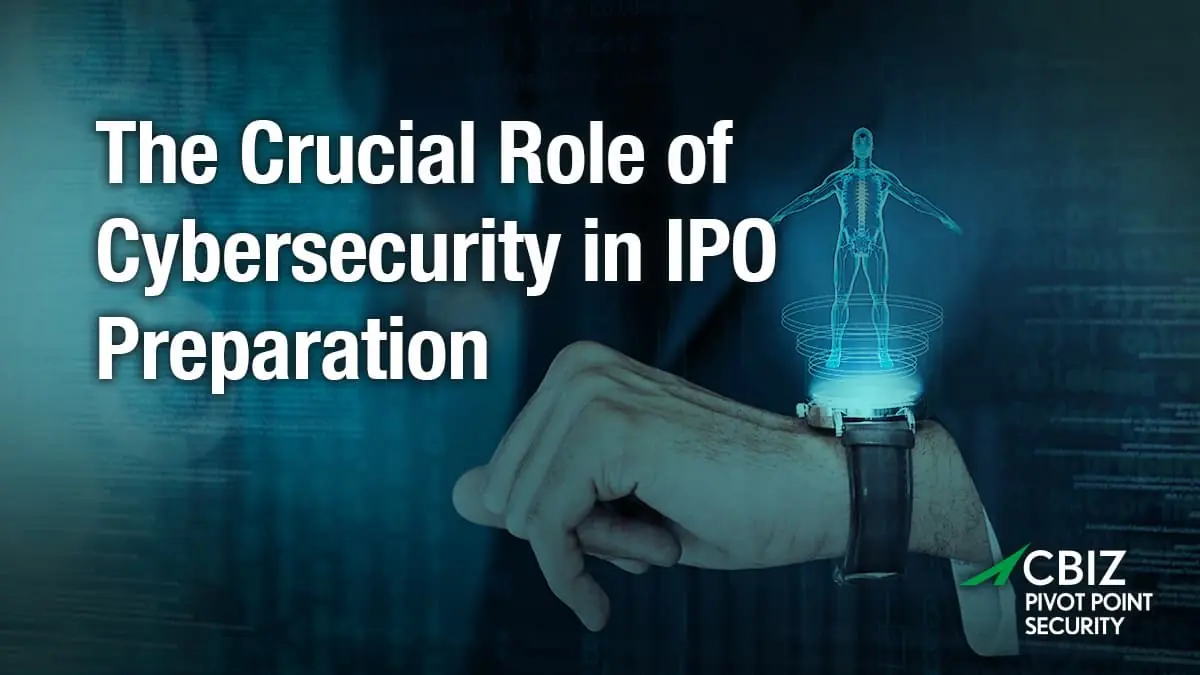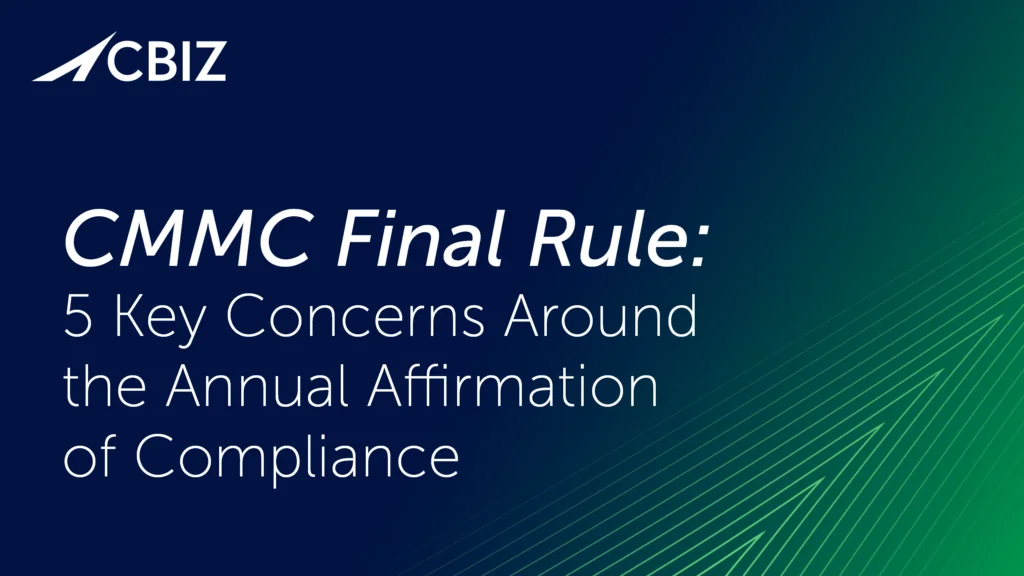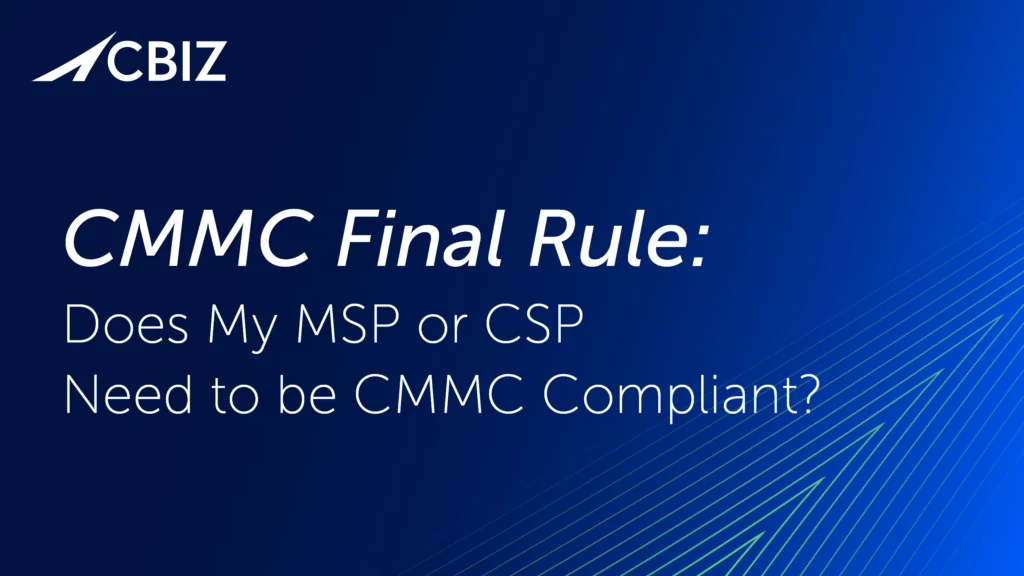Last Updated on June 12, 2024
Gearing up for an Initial Public Offering (IPO) involves many activities: financial audits, legal compliance, investor roadshows, and strategic planning. Amid all this effort, do not overlook another critical aspect—cybersecurity.
This blog post explores why developing a robust cybersecurity program is essential for IPO readiness, and how it directly impacts both the S-1 and subsequent S-3 filing processes.
Value Preservation and Value Creation
A robust cybersecurity program both creates and preserves value. It preserves value by ensuring that you are secure and compliant, thus limiting negative impacts associated with a security incident or a compliance failure. It creates value by building trust in the marketplace, facilitating client acquisition and investor confidence.
Before an IPO, companies must assess their cybersecurity risks. Understanding risk requires a comprehensive view of the organization and the scope/context of its cybersecurity program. This includes factors like:
- External and internal issues that are relevant to the company’s purpose and affect its ability to achieve its cybersecurity program’s intended outcome(s).
- Interested parties relevant to the information security management system (e.g., customers, partners, insurance providers, regulators, board).
- Legal and regulatory requirements associated with the data being protected.
- Contractual obligations associated with the data being protected.
- Management’s expectations for the cybersecurity program.
Once the cybersecurity program scope is well characterized, you can accurately identify and assess cybersecurity risks capable of materially impacting your business. This assessment is crucial for your S-1 filing, where material risks (including cybersecurity risks) must be disclosed.
Building Stakeholder Trust
Both before and after your IPO, being demonstrably secure and compliant is essential to critical stakeholders, most notably your clients and partners, so that they can trust you with their valuable data.
Here are some of the most impactful ways to demonstrate your company’s commitment to protecting sensitive data in a dynamic business and regulatory landscape:
- Formal cybersecurity attestations like ISO 27001 and SOC 2 contribute to business growth by instilling client confidence, improving security practices, and ensuring compliance with industry standards.
- As data privacy laws proliferate nationally and globally, businesses increasingly benefit from formal privacy attestations like ISO 27701 to demonstrate to clients that their privacy programs achieve compliance with legislation like GDPR and CCPA.
- As artificial intelligence (AI) becomes integral to the operations of many companies pursuing IPO products, organizations benefit from ISO 42001 certification to demonstrate to clients that their AI governance programs comply with standards like the EU AI Act and the NIST AI Risk Management Framework.
- Software-as-a-Service (SaaS) providers pursuing an IPO can benefit from OWASP ASVS and OWASP SAMM validation to demonstrate to clients that their software development processes achieve compliance with industry standards and NIST 800-218 guidance. Increasingly, clients are demanding a digital software bill of materials (SBOM) as a condition of purchase.
S-3 Filing Impacts
The S-3 filing is a streamlined process for seasoned issuers. However, cybersecurity incidents can impact eligibility for S-3 filings.
The SEC considers incidents “material” if they significantly alter the total mix of information available to investors. Therefore, a comprehensive cybersecurity program that effectively identifies and mitigates meaningful risks is critical to your success.
Post-IPO, you’ll need to manage and report cybersecurity incidents per recent SEC regulations. The SEC now expects detailed disclosures about cybersecurity, and non-compliance can have severe consequences.
Conclusion
As you prepare for your IPO journey, remember that cybersecurity should not be an afterthought—it is a strategic imperative. A robust cybersecurity program protects your reputation, financial health, and investor trust.
Invest in securing your digital assets alongside financial statements and roadshow pitches. A successful IPO isn’t just about your stock’s week one performance. It’s about safeguarding your future through value preservation and value creation.

























